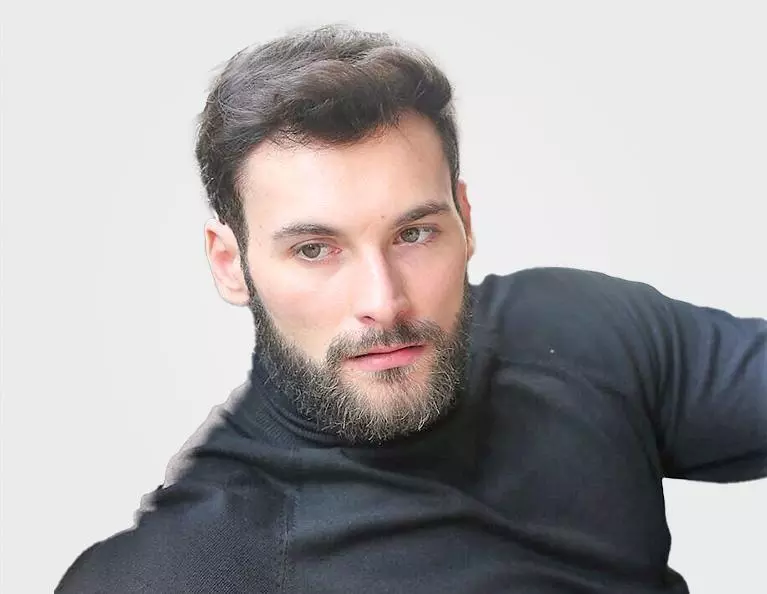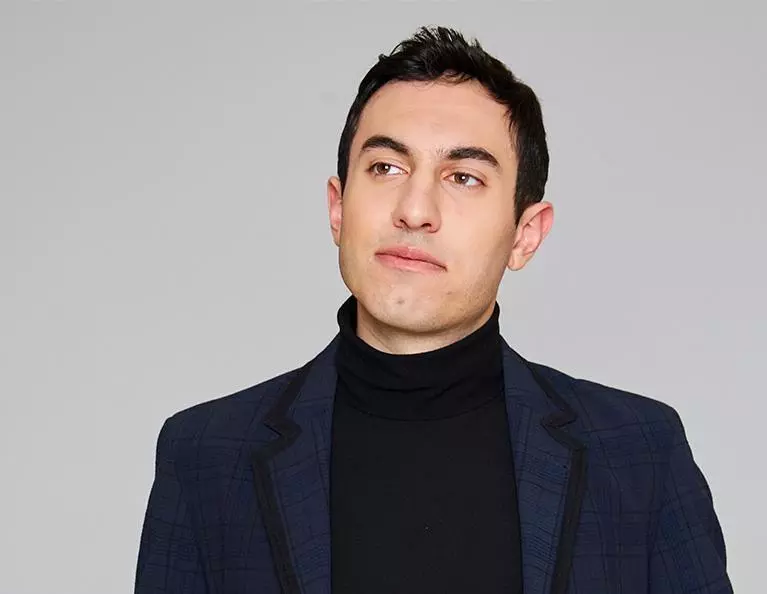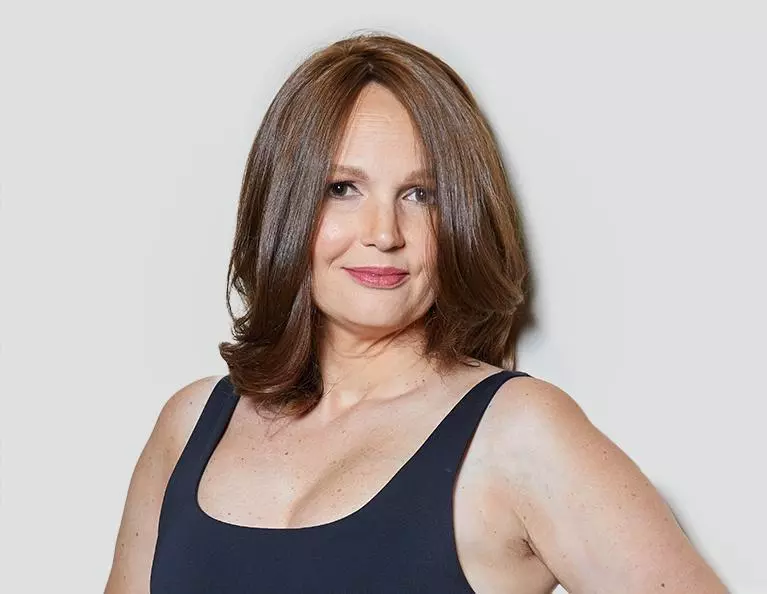Hair growth is directly tied to the way we nourish our bodies. Many times, those who have hair loss have a poor nutrient intake or may not be getting enough of the specific vitamins necessary to encourage healthy hair growth. This can be debilitating and overwhelming. Yet, there are steps that can be taken to improve this. The first is to recognize the underlying cause of the hair loss. Sometimes, it is an eating disorder, a condition in which a person does not eat and digest food in a natural way, often limiting the nutrition he or she gets.
What Happens to the Body to Cause Hair Loss?
There are numerous types of eating disorders. Each one of them involves a concern with obtaining proper nutrition in the body. Many people who have an eating disorder are malnourished, which means they are not getting a well-balanced diet that the cells in the body need to function at a normal level. One of the key reasons for this is a lack of protein. If the body’s stores and backup reserves of protein are not there, the body cannot grow hair naturally and properly. In fact, this impacts all of the body’s essential functions.
The hair is also impacted for several reasons. Most importantly, when there is a lack of protein accessible, there is just not enough nutrients to encourage hair growth. Hair is made up of a protein called keratin. Your body does not need to have keratin in it to keep other organs functioning. It does not need to produce keratin. As a result, it stops using protein to create keratin. Instead, it puts whatever amount of protein it has towards the development of organs and tissues.
Do You Have an Eating Disorder Causing Hair Loss?
Many people with an eating disorder will experience hair loss. This is most common in those who have anorexia nervosa. Most of the time, family members and friends notice the other signs of this condition first. This may include things like changes in personality and weight. Yet, hair loss is something that they cannot hide easily. If you have a loved one that is struggling with hair loss for an unknown reason, it may be related to the way they are eating.
It is important to know that this is a life-threatening disorder, one that individuals should not ignore. It can cause significant dysfunction in the body, including creating damage to the other organs. The most common symptoms of this condition, aside from hair loss include the following:
- Pale and dry skin
- Loss of menstrual cycle in women or delays in those who are younger
- Sensitivity to cold temperatures
- Dry and thinning hair
- Brittle nails
- Lightheadedness
- Lack of concentration
- Trouble with heart rate regulation and blood pressure
Many people also have fatigue, struggling with weight loss, and have co-occurring symptoms such as dehydration. Some also will have a lack of energy or a loss of personality traits they once had.
If you or your loved one may be experiencing these symptoms, what steps should you take to overcome them? The first step is to speak to your doctor about what is occurring. Then, talk about the treatment options right for you.
Keep in mind that this eating disorder, as well as others, can create lifelong changes to the body. In some men and women, this occurs as a result of a lack of nutrition that damages the body’s ability to properly intake nutrients and create healthy cells.
Individuals who have an eating disorder may try to hide hair loss. They often wear hats or baseball caps. In other cases, they may simply keep their hair up or longer to hide the thinning.
The good news is, that it is possible to turn this around. Though treating an eating disorder is a very challenging process, it is one that can help to turn around other health factors in the body, such as improving hair loss. Yet, this takes a combined effort of dealing with the physical symptoms as well as managing the psychological needs of an individual with these conditions.
Contact the hair specialists at Unique Hair Concepts to learn more.






